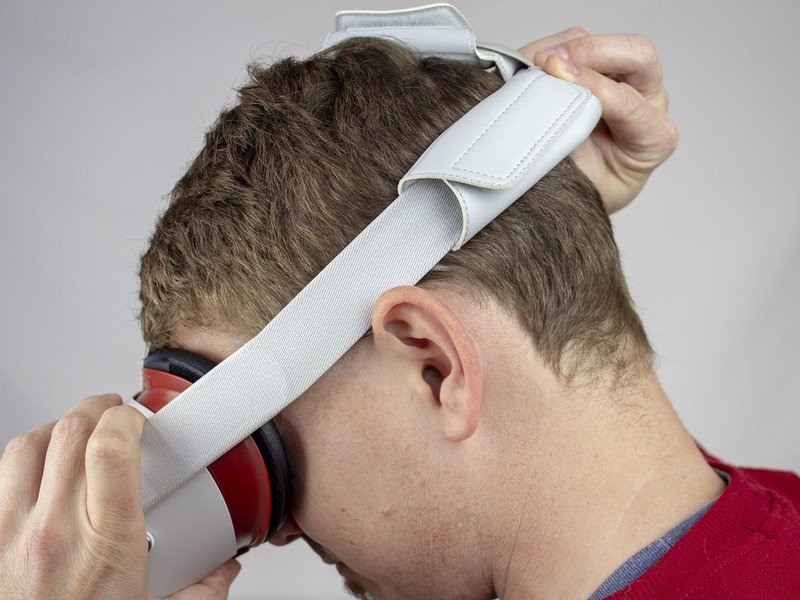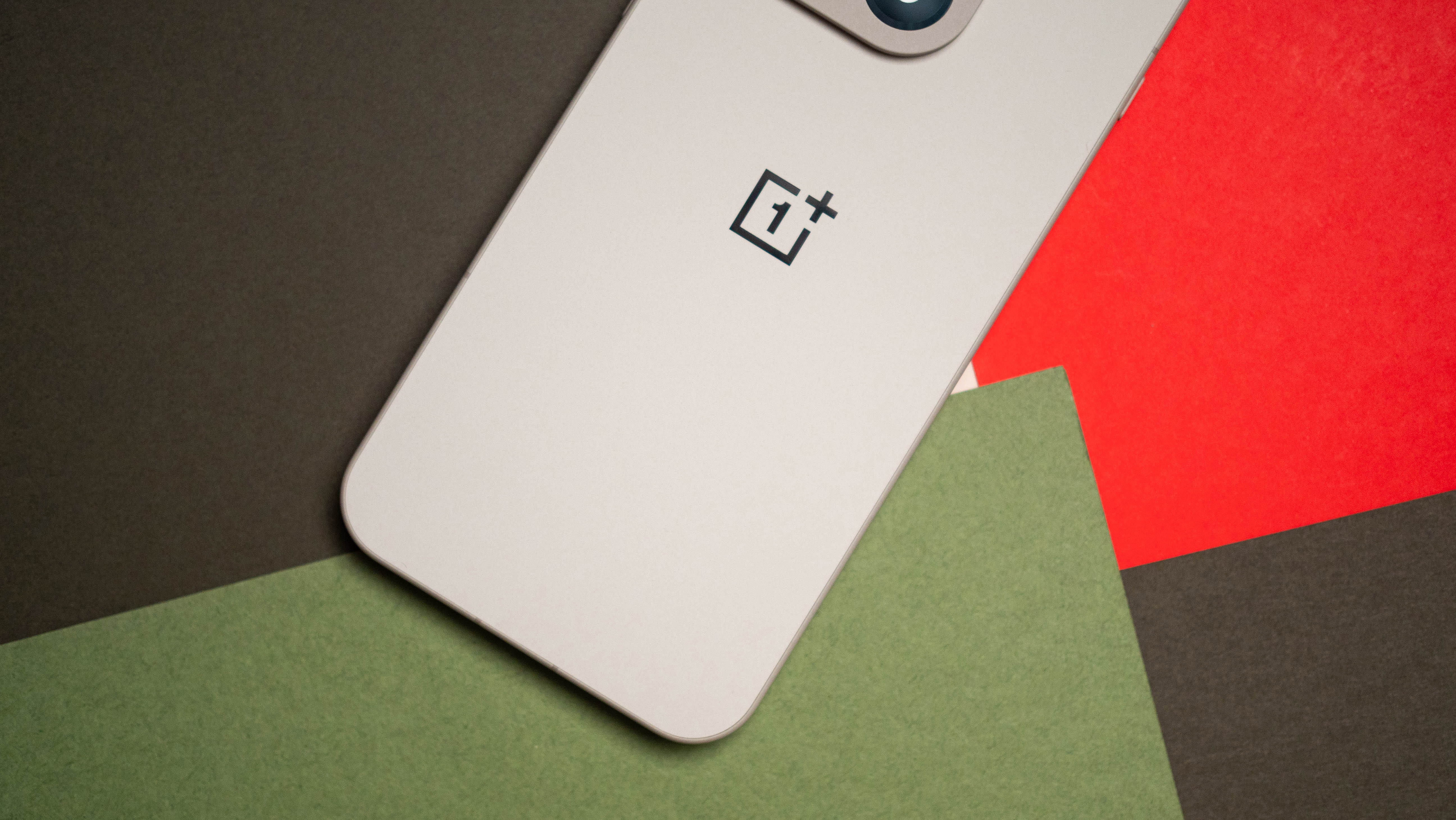Meta apparently dissolves team working on combined OS for AR and VR
The rumors were true after all

What you need to know
- Meta won't combine its operating systems for AR and VR for the time being.
- The company appears to have disbanded its team of over 300 people working on the combined OS.
- Some team members have reportedly been transferred to other projects within Meta, such as its AR glasses and Quest efforts.
Meta might continue to rely on Android to run its answer to the best VR headsets for a little longer, as the company has reportedly disbanded its team working on a combined operating system for AR and VR.
According to The Information, Facebook's parent company has abandoned its plan to develop its own VR/AR OS, dubbed the XROS, from the ground up with the breakup of the team (via The Verge). XROS is the company's latest attempt to wean itself off Google by developing a unified OS for both AR and VR devices.
Some engineers from the team of over 300 people will supposedly be assigned to other projects within Meta, such as AR glasses and Quest headsets. Other members will move to Meta's units focused on eye-tracking and hand-tracking capabilities through machine learning.
"We are always evolving our team structures to help us bring great products to market quickly," Meta spokesperson Sheeva Slovan said in a statement. "By embedding more OS engineers directly into our AR and VR teams, we can speed up the development of solutions that are hyper-tuned for each product line."
The new report doesn't come as a surprise after rumors surfaced last month claiming that Meta had ceased development on its own AR/VR OS in favor of Android. The social networking giant later denied this rumor.
Slovan's statement does not directly confirm The Information's report, but it does imply that Meta's AR/VR team has been disbanded in some way.
"As we’ve said before, there are several technical directions we’re pursuing to build these and we remain committed to building highly specialized systems," Slovan said.
Get the latest news from Android Central, your trusted companion in the world of Android
The change of plans puts Meta's successor to the Oculus Quest 2 or its next-generation VR headset, called Project Cambria, in limbo.
At the moment, it's safe to assume that these upcoming devices will not ship with a completely new operating system, leaving Meta dependent on Google for the foreseeable future.

Jay Bonggolto always keeps a nose for news. He has been writing about consumer tech and apps for as long as he can remember, and he has used a variety of Android phones since falling in love with Jelly Bean. Send him a direct message via X or LinkedIn.
